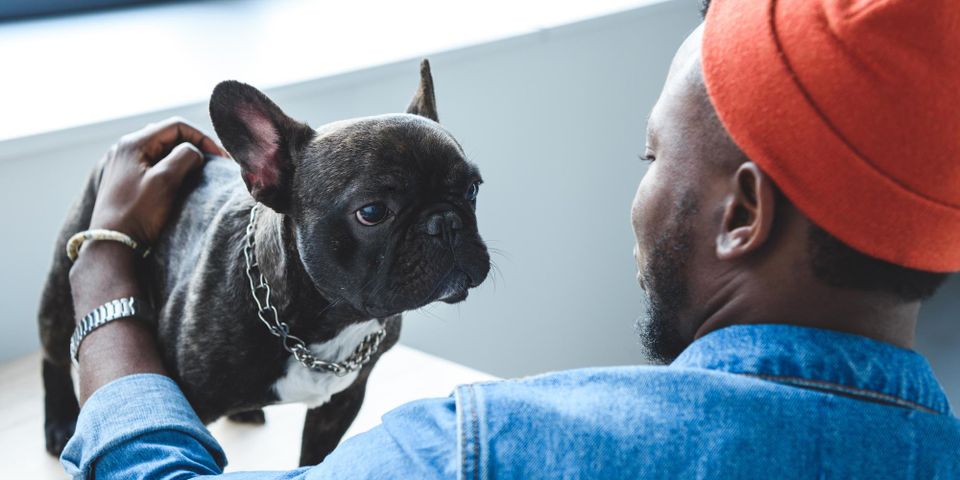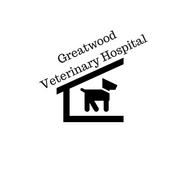Why Is Chocolate Dangerous for Dogs?

It’s a well-known fact that you should never give your dog chocolate. Have you ever wondered why, though? Understanding what the concern is and how to act in the event they wind up sampling some can help protect your pet’s health. Below is a veterinarian-approved guide to ensure you can identify and prevent chocolate poisoning.
How Chocolate Affects Dogs
The Chemical Reaction
Chocolate contains a chemical called theobromine, which is derived from the cocoa plant. Dogs aren’t able to metabolize this chemical the same as humans. It’s similar to caffeine—another ingredient in chocolate—acting as a diuretic, heart stimulant, and muscle relaxant. Reactions can be severe and even fatal.
 Toxicity varies. Cocoa powder is the most toxic, followed by unsweetened baker’s chocolate. Semisweet chocolate and dark chocolate are next, followed by milk chocolate. Smaller dogs will have more severe reactions than larger dogs because of their size.
Toxicity varies. Cocoa powder is the most toxic, followed by unsweetened baker’s chocolate. Semisweet chocolate and dark chocolate are next, followed by milk chocolate. Smaller dogs will have more severe reactions than larger dogs because of their size.
Signs of Poisoning
Symptoms can manifest anywhere from 6 to 12 hours after the chocolate was ingested and include diarrhea, vomiting, seizures, tremors, an accelerated heart rate, and an increased need to urinate.
Even if none of these appear, you should see a veterinarian right away if you believe your pet may have ingested chocolate. This is especially true for older pets or those with existing heart conditions, as they are more at risk of sudden death from ingestion.
Overlooked Items That Contain Chocolate
When creating a safer home, don’t focus solely on the kitchen. Cocao powder is used in a number of other products. Mulch and fertilizers can contain cocoa, so watch that your pets don’t ingest any after you treat your yard. Cocoa husks may be used in other animal feeds and many soft drinks and alcohol can contain traces.
If your pet is overdue for an exam, contact Greatwood Veterinary Hospital to schedule a checkup. This pet clinic is proud to serve Richmond, TX, and offers everything from general care to pet grooming, boarding, and pharmacy services. You can explore their 6,500 sq. ft. facility on their website or call (281) 342-7770 to speak with a veterinarian.
About the Business
(63 reviews)
Have a question? Ask the experts!
Send your question

